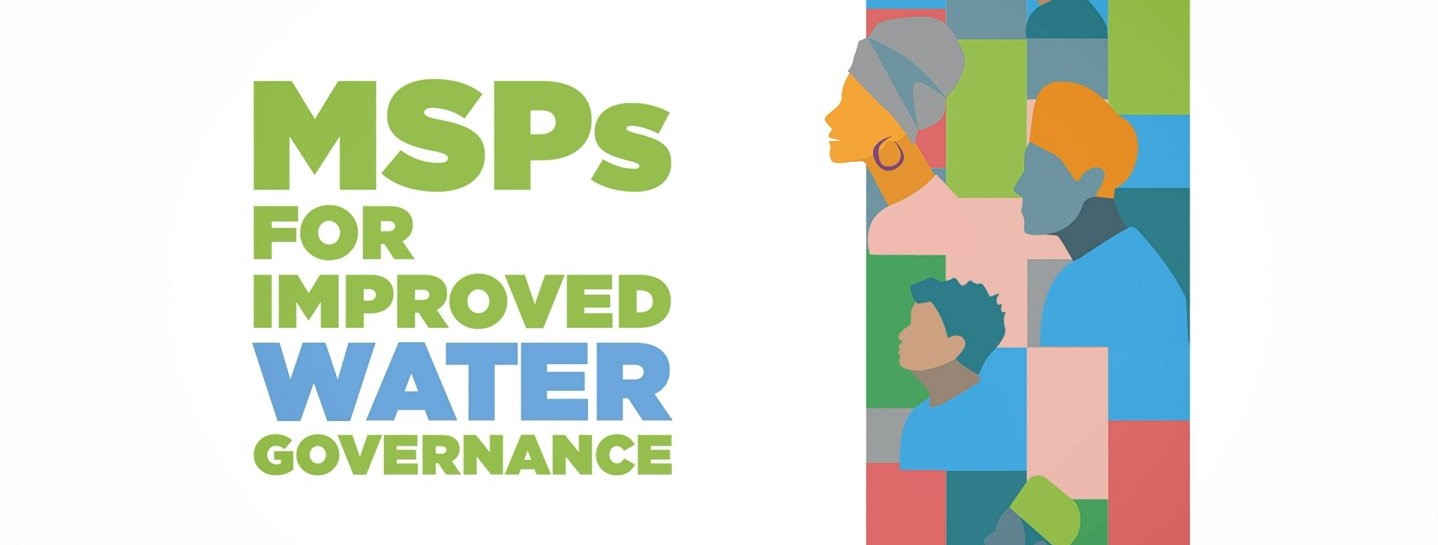Multi-Stakeholder Platforms (MSPs) are one of the most used umbrella terms to refer to actors from different sectors working together to solve problems or explore new opportunities. Decisions regarding the management of water resources are made by numerous stakeholders, and this is why MSPs are highly important when it comes to water governance.
Laurent-Charles Tremblay-Lévesque – GWP’s Knowledge Management Specialist - explains: " Many decision-makers, civil society, academia, and other actors are working in silos to solve the water crisis. This makes it harder to address the issue. Platforms for partnership and cooperation are critical to ensuring that actors from various sectors and scales take coordinated decisions and work in the same direction."
How is GWP supporting the transition from working in silos to taking collective action in the water sector?
The Global Water Partnership (GWP), in collaboration with Cap-Net UNDP and Wageningen University and Research (WUR), just launched the "MSPs for Improved Water Governance" self-paced virtual course in response to the complexity of skills needed to set up an effective MSP in the water sector. The purpose of this course is to improve the skills of water-related professionals who want to establish or help coordinate MSPs active in the water sector. The course is open from July 1 to November 15, 2022.
What the course offers: bridging the skills gap in stakeholder engagement
The course offers an opportunity to learn about cutting-edge tools, strategies, and concepts to strengthen the skills in key MSP capability areas for transformative change in the water sector. Also, insights from practical experiences on how to build stronger MSPs for increased impact are offered throughout the modules.
It is organised around six core "MSP capability areas": (1) analysing the context; (2) building an agenda for change; (3) managing information and knowledge; (4) financing; (5) sustaining effective communications; (6) negotiating and managing conflicts. This structure makes it easier to understand the functioning of MSPs while developing a better sense of belonging to, and benefiting from, a global network and a global community of MSP practitioners.
The course is self-paced and free of charge, with a total duration of approximately 15 hours.
If you fall into one these categories or more, take the online course
This course is open to participants representing a variety of stakeholder groups from the entire water sector, specifically:
- Stakeholders and water professionals interested in SDG 6 and SDG 17
- Officials working with water-related ministries and regulatory agencies
- Catchment agencies and river basin organisations
- Water resource managers
- Members of civil society and non-governmental organisations
- Academics in water resources management
- Capacity developers active in the fields of IWRM, climate action, gender mainstreaming, stakeholder engagement, monitoring, and evaluation, among other water-related fields.
Learn how to identify successful water-related MSP strategies and lessons learned from specific themes such as gender, climate, private sector engagement, transboundary, and the SDGs, but most importantly, how to make collaborative action happen.

